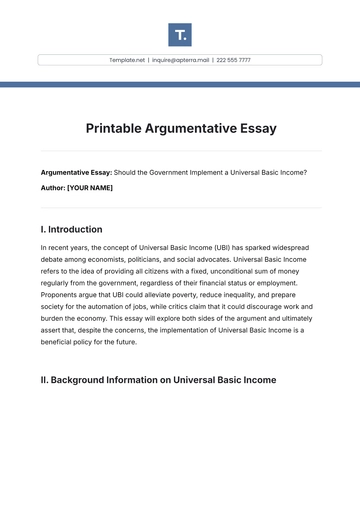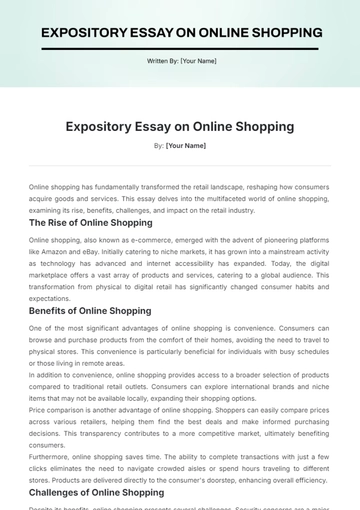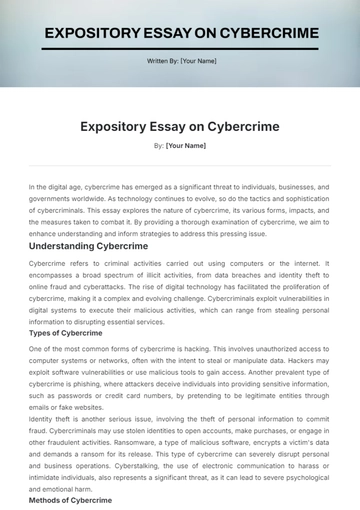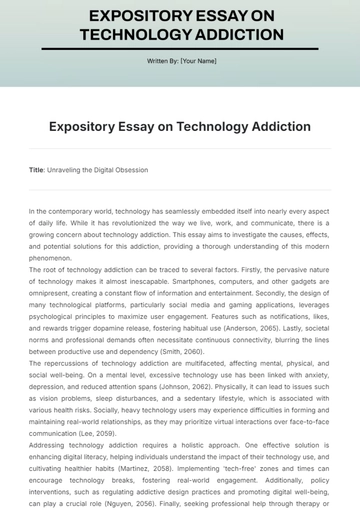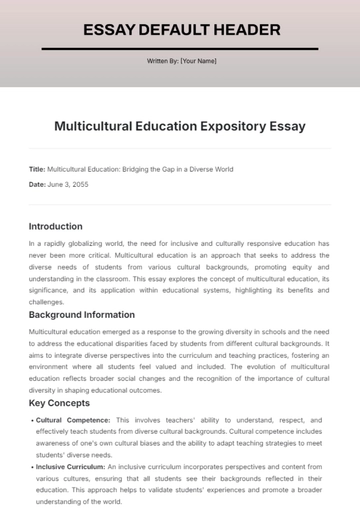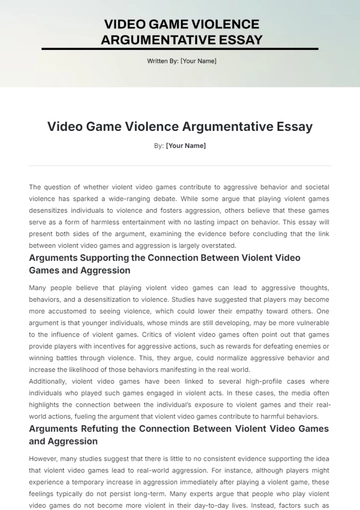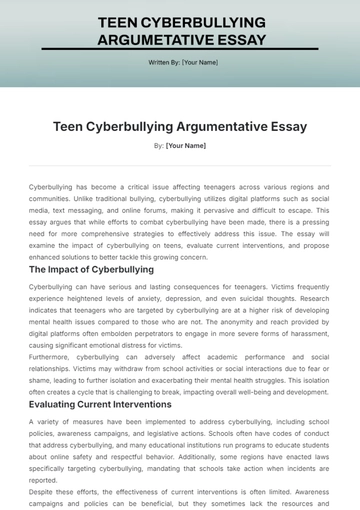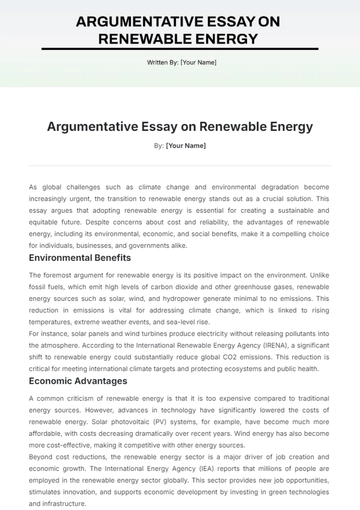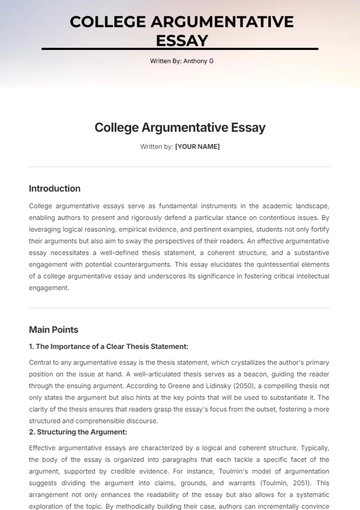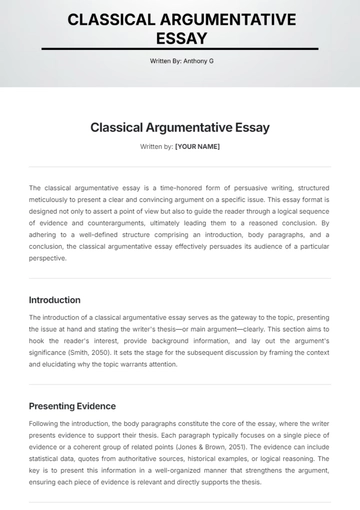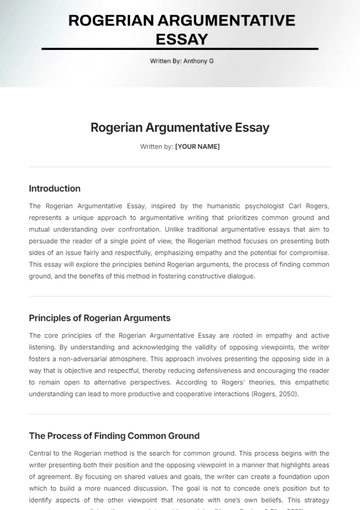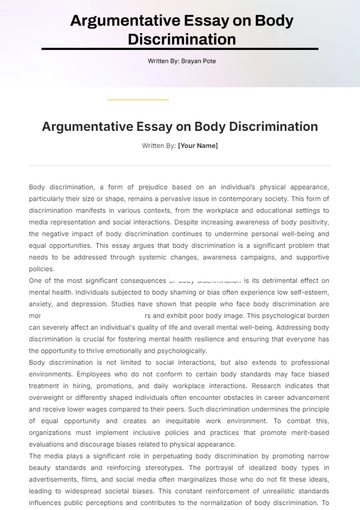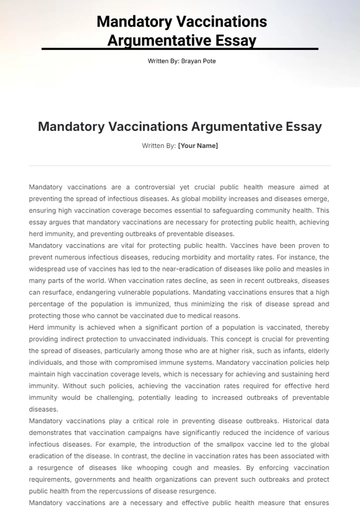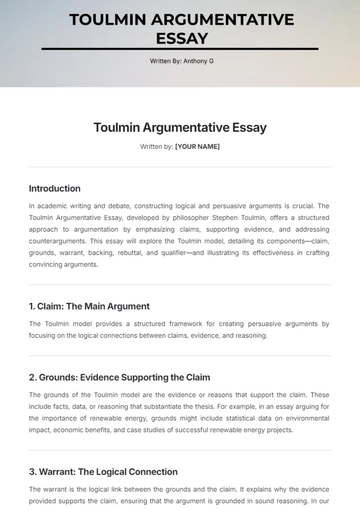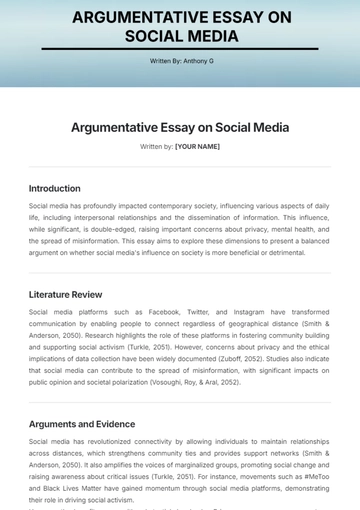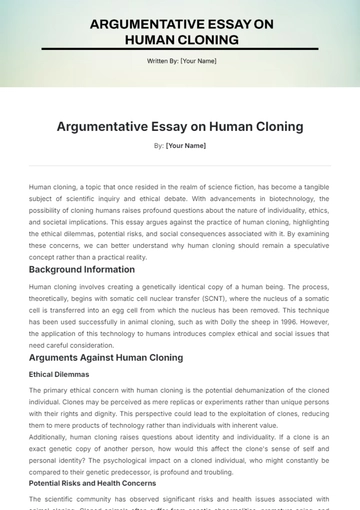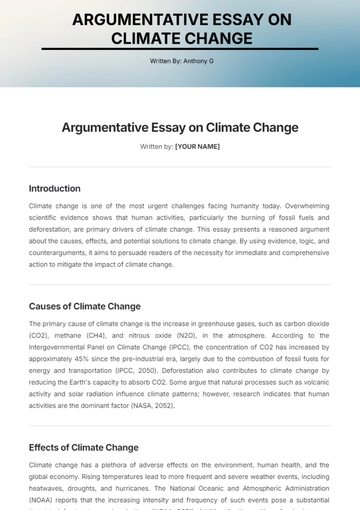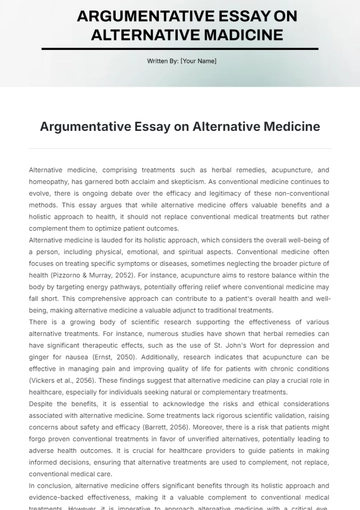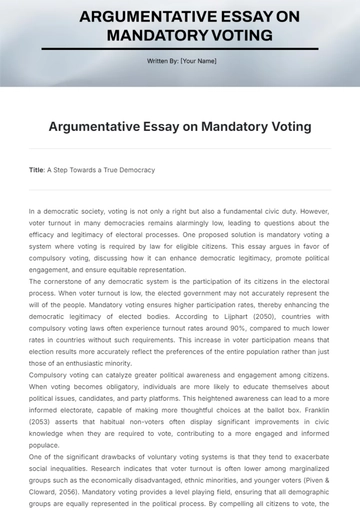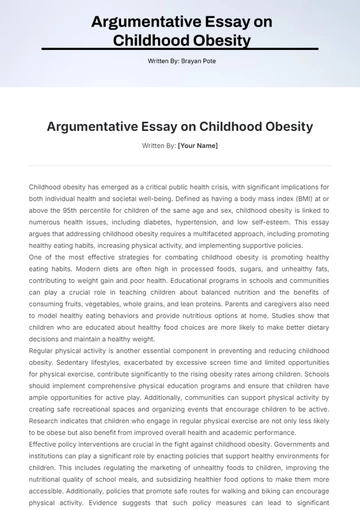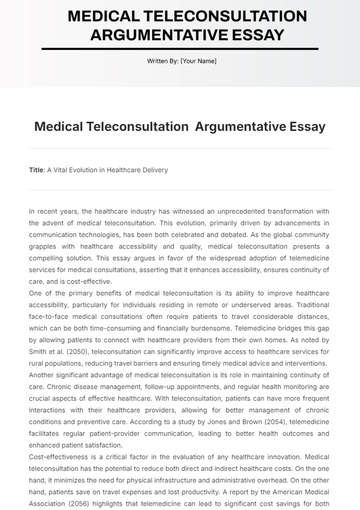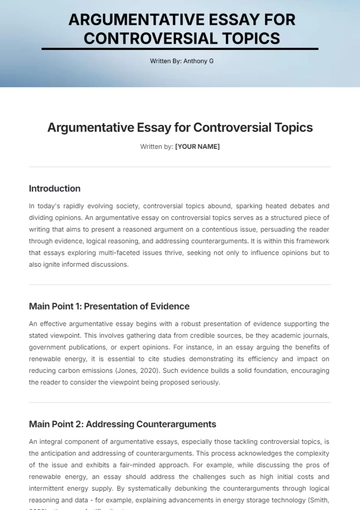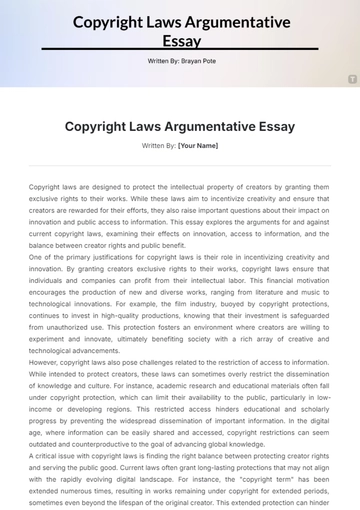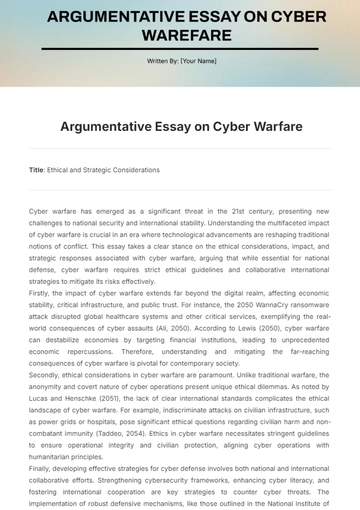Free Expository Essay on Technology Addiction
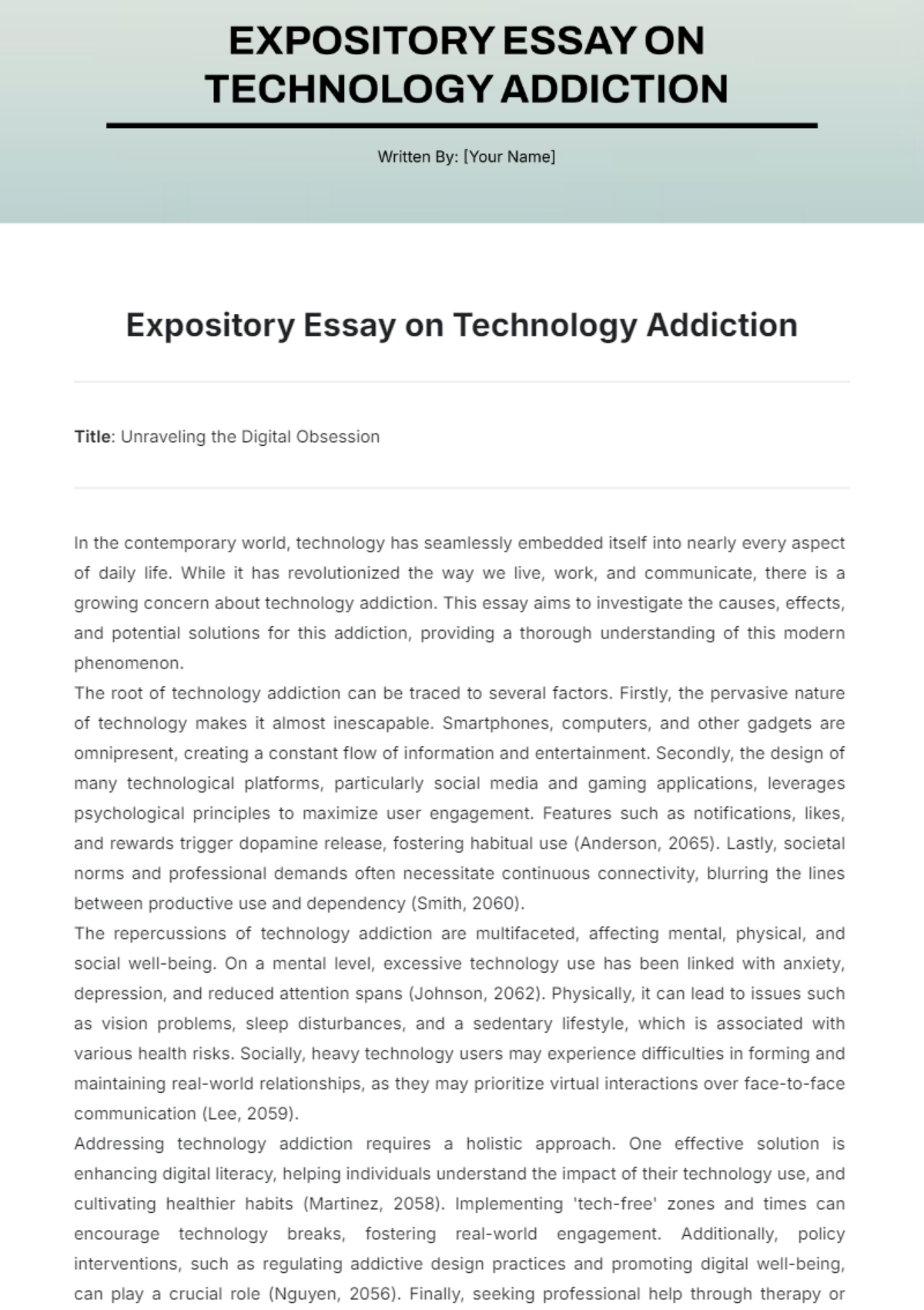
Title: Unraveling the Digital Obsession
In the contemporary world, technology has seamlessly embedded itself into nearly every aspect of daily life. While it has revolutionized the way we live, work, and communicate, there is a growing concern about technology addiction. This essay aims to investigate the causes, effects, and potential solutions for this addiction, providing a thorough understanding of this modern phenomenon.
The root of technology addiction can be traced to several factors. Firstly, the pervasive nature of technology makes it almost inescapable. Smartphones, computers, and other gadgets are omnipresent, creating a constant flow of information and entertainment. Secondly, the design of many technological platforms, particularly social media and gaming applications, leverages psychological principles to maximize user engagement. Features such as notifications, likes, and rewards trigger dopamine release, fostering habitual use (Anderson, 2065). Lastly, societal norms and professional demands often necessitate continuous connectivity, blurring the lines between productive use and dependency (Smith, 2060).
The repercussions of technology addiction are multifaceted, affecting mental, physical, and social well-being. On a mental level, excessive technology use has been linked with anxiety, depression, and reduced attention spans (Johnson, 2062). Physically, it can lead to issues such as vision problems, sleep disturbances, and a sedentary lifestyle, which is associated with various health risks. Socially, heavy technology users may experience difficulties in forming and maintaining real-world relationships, as they may prioritize virtual interactions over face-to-face communication (Lee, 2059).
Addressing technology addiction requires a holistic approach. One effective solution is enhancing digital literacy, helping individuals understand the impact of their technology use, and cultivating healthier habits (Martinez, 2058). Implementing 'tech-free' zones and times can encourage technology breaks, fostering real-world engagement. Additionally, policy interventions, such as regulating addictive design practices and promoting digital well-being, can play a crucial role (Nguyen, 2056). Finally, seeking professional help through therapy or support groups can provide personalized strategies to manage and overcome addiction (Baker, 2055).
In conclusion, while technology addiction is a complex issue rooted in modern society's fabric, understanding its causes, effects, and potential solutions is essential for mitigating its impact. By promoting digital literacy, encouraging healthier usage patterns, and implementing supportive policies, it is possible to navigate the digital landscape without succumbing to its addictive allure. Addressing this issue will ensure that technology remains a tool for enrichment rather than a source of dependency.
- 100% Customizable, free editor
- Access 1 Million+ Templates, photo’s & graphics
- Download or share as a template
- Click and replace photos, graphics, text, backgrounds
- Resize, crop, AI write & more
- Access advanced editor
Write a compelling essay on technology addiction with the editable Expository Essay on Technology Addiction Template from Template.net. Customizable to fit your perspective, this template streamlines your writing process. Editable in our Ai Editor Tool, it helps you present your analysis in a clear, structured manner.

